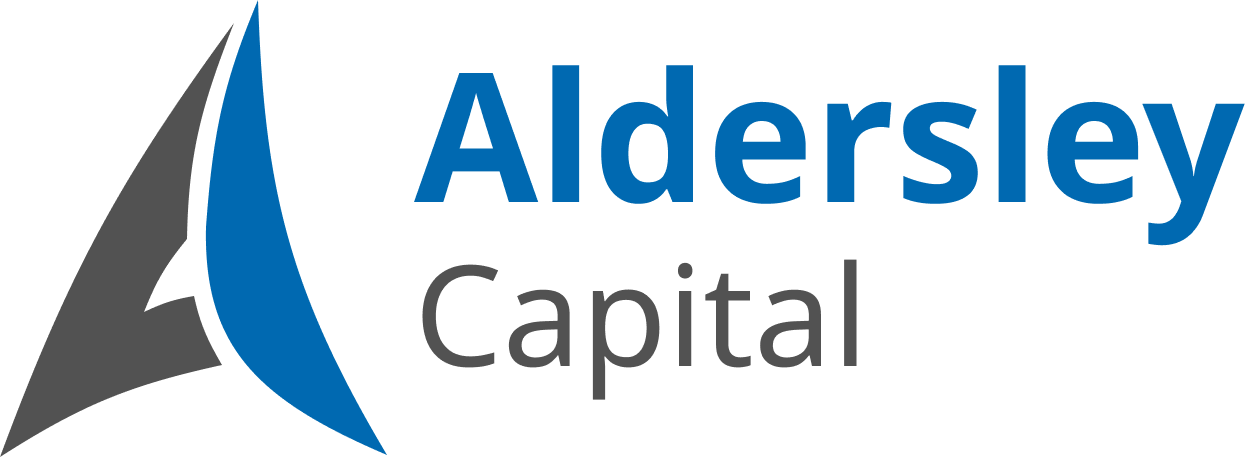The challenges of investing in shares (equities)
Shares (Equities) investment refers to the buying, holding or selling shares in listed companies on a stock market. The aim is to generate annual income from dividends (ideally with franking credits) and generate capital gains. You are backing the ingenuity and creativity of a fellow human being(s) to generate value which eventually translates into higher share prices and wealth to you.
If we look at long periods of time, conventionally 20 year calendar periods, an accumulation index style investment in shares has consistently generated an average annual rate of return of about 10% per annum (ignoring expenses and franking credits). Generally every twenty year period, no matter when you started, has seen markets rise (bull) and fall (bear) but they average out to this magical 10% per annum. The bigger the bear market the bigger and faster the recovery. The market has absorbed such declines as we saw in 1929-33 and 1972-4 and 1987 and 2000-3 and 2008 by rallying to hit new highs and retain the 20 year record.
On most occasions (but not after 2008) a new high is seen within five years of the low. For this reason most PDS documents state you should only invest in equities if your time horizon is at least five years (although I suspect the rationale is not understood by the marketers who write it or the legal and compliance people who sign off on it).
On very rare occasions, generally after three year bear markets, it has taken seven years to reach the old high.
For this reason most investment equity products cite a 10% long term average return on equity investment. This long term average outperforms direct property ownership, fixed interest and cash on an ungeared basis.
We are in a difficult phase and it’s hard to predict the next 20 years. Demographics will remain unfavourable for years and interest rates have been very low and as they rise that creates headwinds too. So passive investment in a few blue chips or an index, which has worked passably well in the past for retail people to build wealth doing their own thing, may need some help with active concentrated management.
Babyboomers face the double whammy of falling long term returns, with increasing life expectancy. Getting out of shares on retirement is not an option for most unless you want to embrace government assisted pension living.
Share ownership is attractive because:
- On average over long periods you get higher long-term returns than other investments
- You can tailor investments towards capital growth or income including franking credits
- Investment in stocks with fully franked dividends has strong tax advantages for most people including non-tax payers
- High level of liquidity compared to investments such as real estate. Ever tried selling a window to fund a monthly pension?
- ASX investments are highly transparent with high levels of corporate governance
But there is the day to day, month to month and year to year volatility. The sad fact is that research demonstrates that even quite sophisticated investors including investment institutions end up holding high exposures to shares towards the highs of markets and then panic out and sell towards the lows. If institutions like insurance companies get it wrong so often, what hope is there for ordinary folk?
During my 50 years of studying and investing in equity markets, I have learned that few people have the resolve or true understanding of risk that allows them to buy things when everyone else is sceptical, and sell things when they become very popular but risky, and face the wrath from the public that each decision brings.
I spend a lot of my investment life doing the opposite of what most people are thinking, and it is this largely contrarian approach that has led to most big successes.
It’s hardly surprising therefore that I advocate passing responsibility for actively managing your portfolio to professionals and getting on with other aspects of life.
Major observable disadvantages of direct shares if doing it yourself
Some of the more acute disadvantages of owning shares in your own name are:
- Everytime you change postal address, you run the risk of losing contact with the share registry and joining the ranks of people with lost shares;
- If you change your bank account, you have to let every registry know – until you do, people like Telstra will simply hold on to your dividends;
- You go on to the company register and every Tom Dick and Harry (or more probably every Ishaan, Aarav or Vivaan) is able to look up your name and postal address and shareholding – junk mail rises;
- Every interest payment and dividend must be tracked each year although the ATO has made that easier because they track what you get too and pre-populate your return;
- Its amazing these days how hard and expensive it can be to prove to a registry that you have changed address or registered the shares with the incorrect trustee name;
- Every time you buy a new share you must provide your TFN to the registry. I thought broker sponsorship would avoid that problem but it seems to be one area where the TFN is not passed on. If you don’t you have withholding tax taken off;
- It’s not well known but it’s easier to defraud someone who owns shares directly than if they are held in a nominee. Plus by using a managed account, you have the protections and legal liability of the responsible entity and custodian as backup in the event of fraud or ineptitude. They are very conscious of that which is why their systems are designed to avoid it as a problem;
- If you know how difficult things can be while you are still alive, try imagining how hard it must be to unravel things when you are dead. I’ve come across several difficult situations in my career – such as a family that knew the husband had shares, but not knowng his P.O. Box number nothing came in after he died. Moving interstate and not getting around to changing addresses is another common problem;
- The paper age is alive. You get loads of thick booklets that say they are Important and need urgent attention. Most of them can be ignored, but you have to open them and scan them to find out which are truly requiring attention;
- It’s very inconvenient to travel abroad, for example cruising, when trying to administer a directly owned portfolio despite the internet now being available and affordable on most cruise lines. Too many things are still postal based.
FORTUNATELY YOU CAN GREATLY SIMPLIFY YOUR LIFE, AND OF THOSE THAT FOLLOW YOU, BY HOLDING YOUR DIRECT SHARES IN A MANAGED ACCOUNT. You can go cruising for months or years, and follow everything thats happening 24/7 on an ipad or smart phone.
John Aldersley

